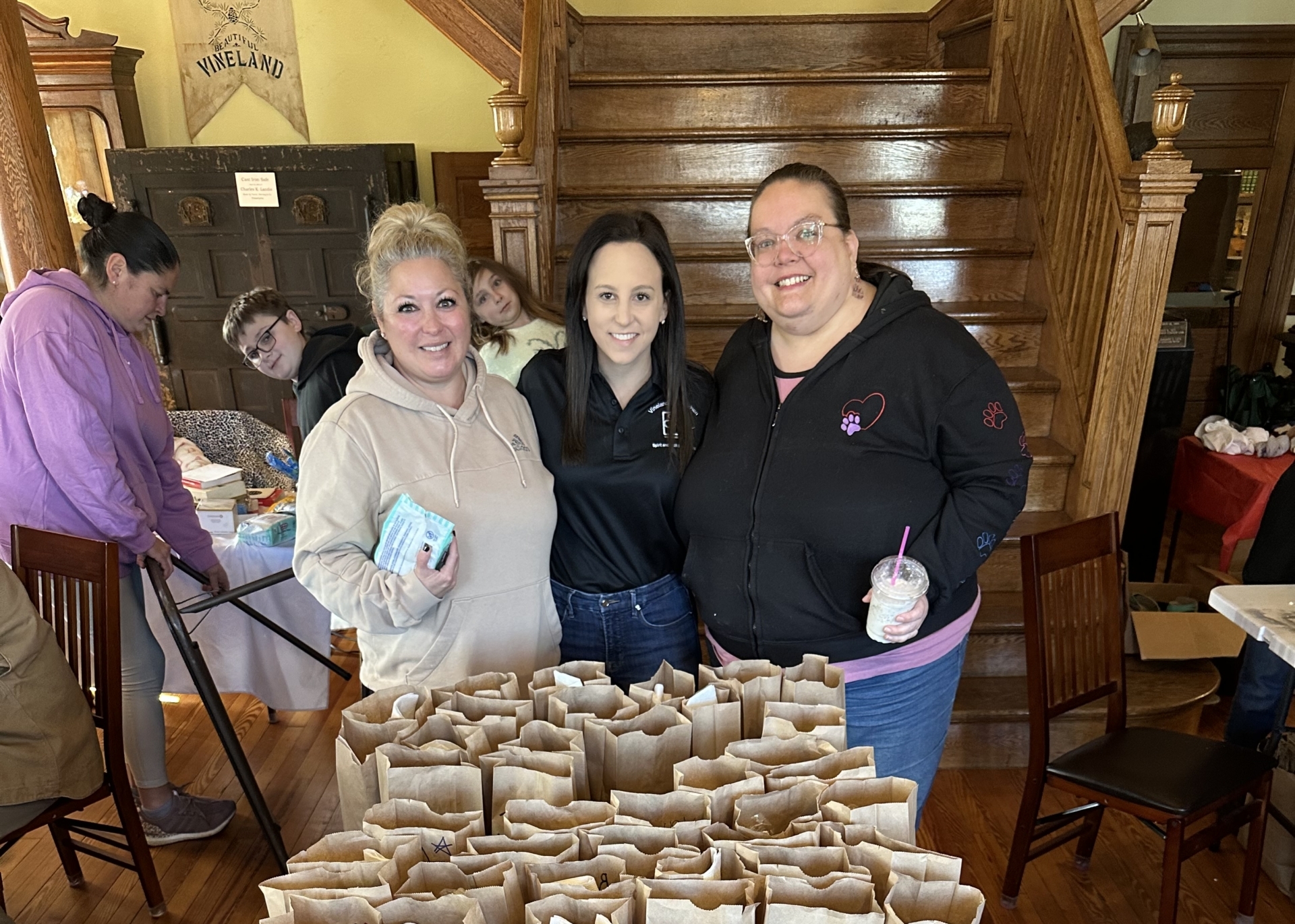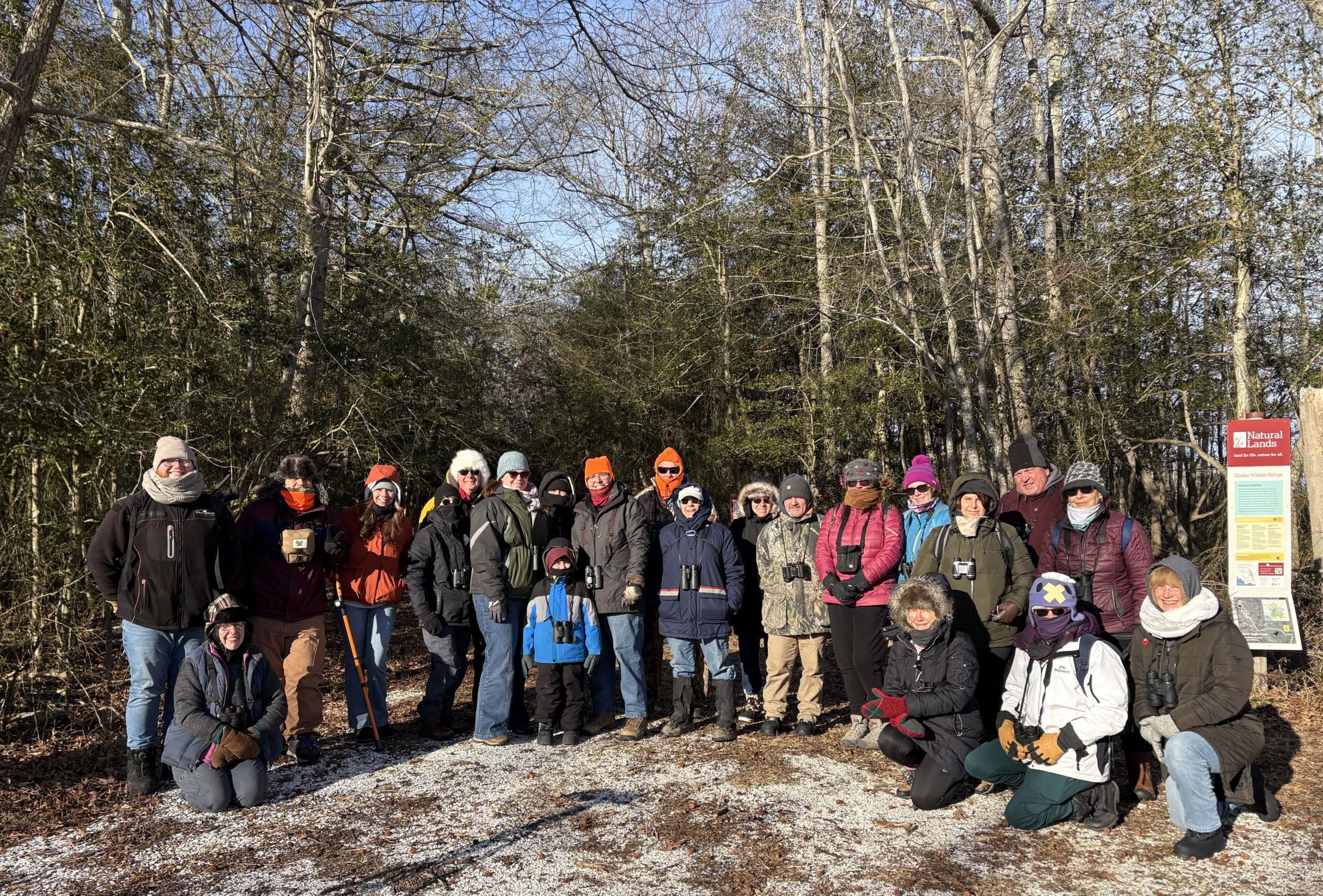Food Insecurity Rises in County, State

Nearly a million people in New Jersey are food insecure, a 22 percent increase over the previous year, according to Feeding America’s annual Map the Meal Gap study. This includes more than 260,000 children—about one in eight. Nationwide, the extra amount of money that people facing hunger say they need to have enough food has reached its highest point in the last 20 years.
Cumberland County has New Jersey’s highest rate of food insecurity at 13.1 percent. Food insecurity exists in all 21 New Jersey counties and in every county and congressional district across the country.
Nearly 675,000 people in CFBNJ’s 15-county service area are food insecure, up from over 530,000 last year (a 26 percent increase). This includes close to 185,000 kids, up from more than 130,000 last year (a 40 percent increase).
The Community FoodBank of New Jersey (CFBNJ) is part of Feeding America’s nationwide network of food banks, serving 11 New Jersey counties directly and four in partnership with affiliate food banks.
Rising food prices, the expiration of pandemic-related safety nets, and the failure of wages to keep up with cost of living have all contributed to the steep increase. In New Jersey, one of the nation’s most expensive places to live, the average cost of a meal is $4.19, compared to $3.99 nationally and up from $3.77 in the state last year.
Map the Meal Gap is the only study that provides local-level estimates of food insecurity and food costs for every county and congressional district. It builds upon the USDA’s latest report of national and state data.
“The insights from this year’s study confirm what we’ve been hearing from our network of pantries and other local food assistance organizations; historically high food prices have made food insecurity even worse than it was at the height of the pandemic,” said Elizabeth McCarthy, president & CEO of the Community FoodBank of New Jersey. “But we at CFBNJ still believe that hunger is a solvable problem. All sectors of society must come together to ensure adequate access to nutritious food for all of our New Jersey neighbors.”
CFBNJ is the largest food bank in New Jersey, with a network of more than 800 community partners, including food pantries, soup kitchens, shelters, and child and senior feeding programs. Last year alone, the FoodBank provided nutritious food for over 90 million meals.
With its four-year strategic plan, CFBNJ is equipped to address the rise in food insecurity through advocacy efforts, a focus on healthy food, and data-driven strategies and tools. CFBNJ aligns its food distribution and partnership efforts with the specific amounts of food insecurity present in individual communities, tailoring its work to ensure that the need is being met in every city and every town across the organization’s service area. The FoodBank also meets neighbors where they are to address their individual needs by bringing mobile pantries to rural communities and providing food and wrap-around services together in convenient locations like colleges, health clinics, and senior centers.











